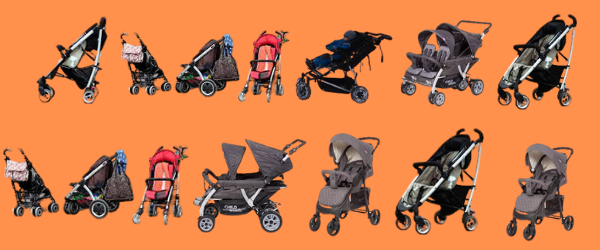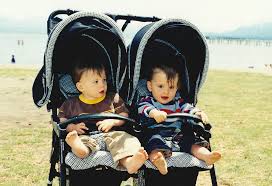Symptoms of anxiety disorders also tips to deal with an anxious child. Complete guide
Childhood is supposed to be a time for fun, not worry. But an alarming number of our kids are feeling anxious. In fact, the Young Minds Matter survey conducted by researchers at the Telethon Kids Institute found one in 14 Aussie kids has an anxiety disorder. Before talking about child anxiety treatment, we should know about the effects of anxiety.
Anxiety is normal but severe anxiety can negatively affect the way children behave and perform in daily life one in eight children have some type of anxiety disorder these range from excessive worrying to sudden panic and stressful situations the symptoms vary based on the type of anxiety.
It may not be immediately obvious to parents diagnosis and treatment is vital for helping children learn to manage their anxiety studies have shown children who never receive anxiety treatment often perform badly in school and shy away from social encounters some even have substance abuse problems.
As they grow older learning to recognize the symptoms of anxiety and children is the first step to helping them heal childhood anxiety.
Eight general anxiety disorders in Childs
generalized anxiety disorder
obsessive-compulsive disorder
social anxiety disorder
separation anxiety disorder
post-traumatic stress disorder
phobias disorder
selective mutism disorder
panic disorder
the symptoms for many of these are similar and only a psychologist or psychiatrist
can properly diagnose the type of anxiety treatment and medication varies based on anxiety disorder.
Common symptoms of anxiety disorders:
Children with this type of anxiety are prone to excessive worrying; they may only focus on certain things, many attempts to be a perfectionist, and seek approval from others.
OCD shows itself when a child feels the need to perform specific routines when they are stressed they feel they cannot function until these routines are complete this often occurs in children aged 10 and older.
who fear social situations are diagnosed with social anxiety disorder they avoid social functions making friends and answering questions in class they are often seen as introverted and shy.
separation anxiety disorder:
younger children are most susceptible to separation anxiety disorder the symptoms include uncontrollable fear and anxiety of something happening to their pair when the parents are away excessive crying anger and feeling homesick or common approximately four percent of children have this disorder.
PTSD occurs with some children who experience a traumatic event such as the death of a parent's symptoms often include irritability avoidance of certain places or people sudden fear and anxiety and lack of emotions this may go away over time.
phobias disorder:
Some children only experience anxiety due to certain situations or objects such as Height Animals in the dark southern, Tantrums, Crying, Headaches, and avoidance are all common symptoms they're irrational fear takes over the moment the object or situation is introduced.
selective mutism often displays right after a child begins school they appear fine until they are in certain situations they then avoid talking and may stand completely still without any expressions that may only occur in certain areas or with certain people.
panic disorder occurs when a child has more than two seemingly random panic attacks they then fear having another attack symptoms often include increased heart rate nausea dizziness fear trembling and chills.
All of these anxiety disorders are treatable seeking treatment as soon as symptoms appear, help can prevent the illness from further affecting the child's life.
child's anxiety treatment:
Three main tips to help you manage your child's anxiety.
Talking about what anxiety is, what that might be like for your child, and working out what their triggers are so it might be working out where in their body they feel anxiety.A sore tummy today or a racing heart. Or if you notice your child's looking anxious talking about what thoughts they might be having, so, what's making you hide today and then talking that through. The goal is not to get rid of anxiety, that's unrealistic, all children will be anxious. It's to help your child understand that they can tolerate and manage the distress associated with anxiety so that anxiety itself doesn't become a scary thing.

Best way to deal with an anxious child
Model healthy behavior:

So if you're feeling stressed say,
"Look mum's feeling a bit stressed at the moment" and talk about how you're getting through that, so"I'm going to take a few big deep breathsI'm going to think about what the problem is and what possible solutions there might be, and then I'm going to feel better once the worry passes."
 |
| Best way to deal with an anxious child |
Validate their feelings:
So for example, your child might be feeling really worried about a math test. You might say "Course you're you're feeling worried, math tests are a bit scary aren't they?" and then you help them to confront that fear and say okay, you can take a few deep breaths, you can tense and relax your muscles, you can practice some maths at home so you feel prepared for tomorrow and then you help them to confront their fears that they know that they can deal with this anxiety and that it's going to be okay.
 |
| Best way to deal with an anxious child |






